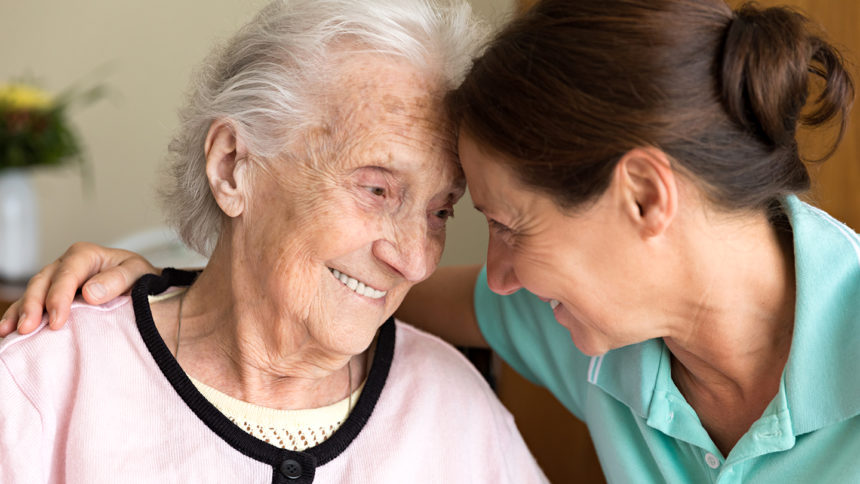
There’s more evidence that an intervention already studied by other researchers may improve cognitive function and hopefully prevent dementia.
The program, which is known as the Japan-Multimodal Intervention Trial for Prevention of Dementia (J-MINT) was previously studied in other trials involving older adults in Japan. The program aims to prevent dementia through lifestyle changes including physical exercise, nutritional counseling, and cognitive training.
Researchers performed baseline measurements of physical and neuropsychological functioning on each participant, along with blood tests. Based on these assessments, each participant received a global cognitive composite score.
The primary aim of the study was to see if the score would improve in those who received the intervention. A control group was set up, and participants in that arm of the study only received health-related pamphlets.
A total of 203 people were randomized into two groups; 178 of them completed the 18-month program. The participants were all cognitively normal and living in the community at the start of the study, and they were between 65 and 85 years old. They all had either diabetes, hypertension or both.
Those in the intervention group did 90 minutes of group-based physical exercise per week along with cognitive training, nutritional counseling, and vascular risk management.
Cognitive training included 13 visual exercises that were part of the BrainHQ program, which focused on processing speed, memory, attention, mental flexibility, and visuospatial ability. Physical exercise incorporated aerobic and strength training.
People who completed the program had better cognitive composite scores as well as better scores in specific areas, including executive function, brain processing speed and memory. No adverse effects of the program were reported.
People in the intervention also demonstrated improved physical functioning, particularly in lower extremity muscle strength and respiratory muscle strength.
The report was published Wednesday in Alzheimer’s & Dementia.




